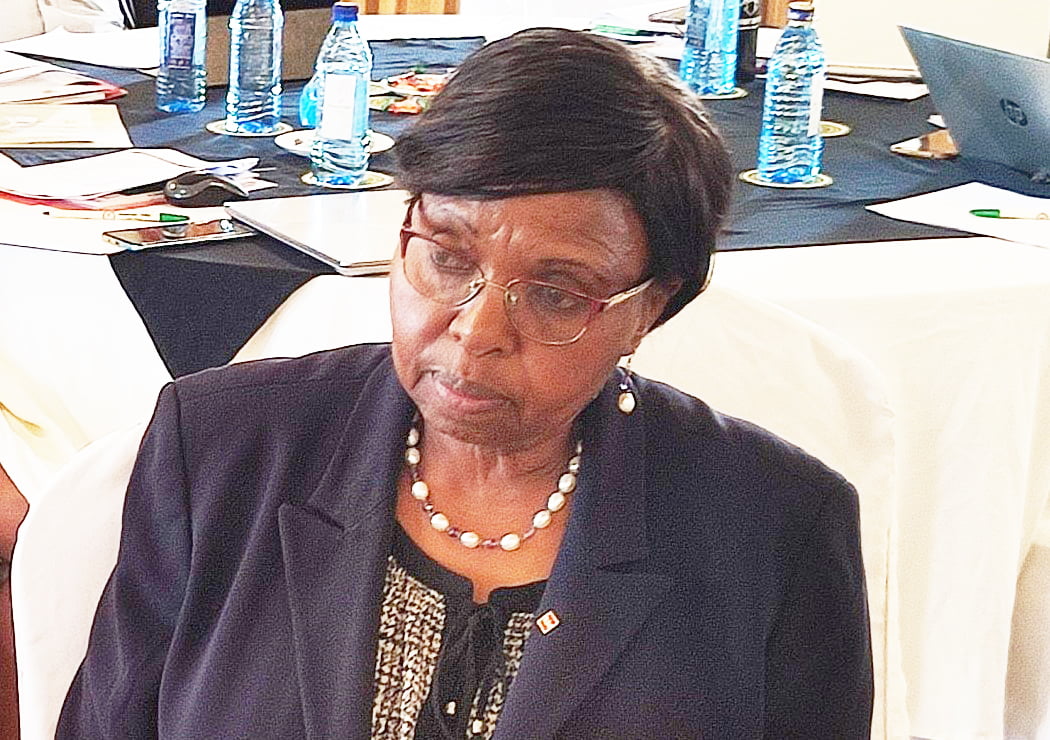Kenya National Qualifications Framework (KNQF) Act No.22 of 2014 mandates the Kenya National Qualifications Authority (KNQA) to co-ordinate, supervise the development of policies on national qualifications and provide for the recognition of attainment or competencies including skills, knowledge, attitudes and values.
The Act further mandates KNQA to develop a system of competence, life-long learning and attainment of national qualifications, facilitate linkages, credit transfers and exemptions and promote the recognition of national qualifications internationally.
Institutions should therefore register with the authority as qualifications awarding institutions. The authority has so far accredited 21 qualifications awarding institutions and registered 1,289 qualifications into the framework.
The authority looks forward to working with institutions that have successfully been accredited as Qualifications Awarding Institutions (QAI) to shape the future of our country with relevant and competitive qualifications.
These institutions have continued to impact the TVET sector as far as Competency-Based Education and Training (CBET) is concerned. They have also underscored the critical role the industry has played in ensuring that various programmes are registered in the framework and are in tandem with industry expectations, thus assuring the country of relevance in the labour market.
The authority will continue working with other stakeholders in the sector to ensure the agenda of TVET colleges remains robust and spurs the economy of Kenya by producing well skilled youth.
As recently directed by the Education Cabinet Secretary Ezekiel Machogu, KNQA will effectively play its role in ensuring quality, relevance and global competitiveness of our national qualifications.
However, this can only be achieved if all stakeholders, including public and private sectors, government agencies, education and training institutions, professional bodies and players in both formal and informal sectors pull resources together.
The blueprint Vision 2030 emphasizes on the relationship between education and training and the labour market for a relevant, knowledgeable, and well-equipped workforce. As a country we must match skills produced and labour market needs.
By CPA Rosemary Njogu
The author is the acting KNQA Council Chairperson.
Get more stories from our website: Education News
You can also follow our social media pages on Twitter: Education News KE and Facebook: Education News Newspaper for timely updates.





